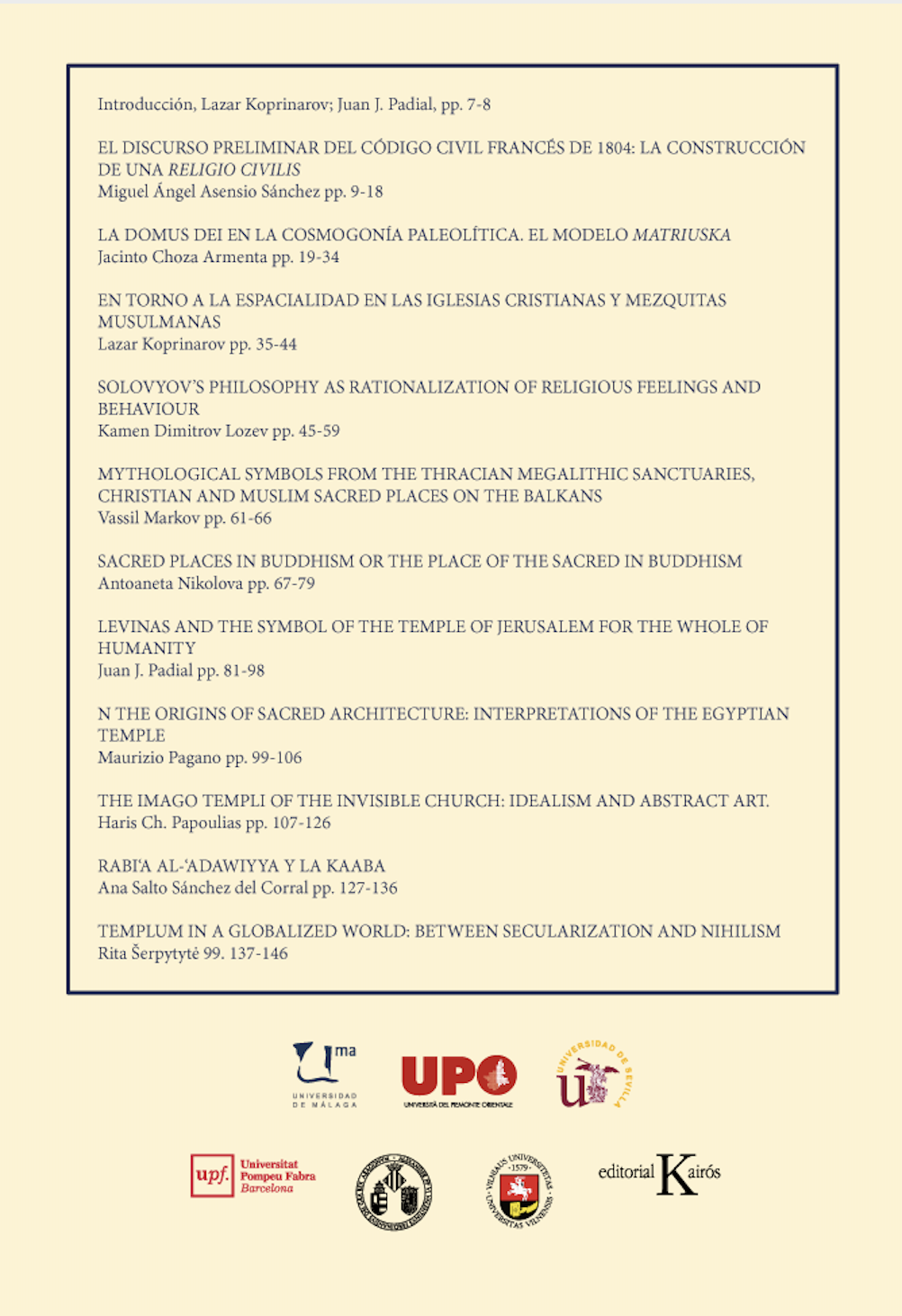SOLOVYOV’S PHILOSOPHY AS RATIONALIZATION OF RELIGIOUS FEELINGS AND BEHAVIOUR
DOI:
https://doi.org/10.24310/Raphisa.2017.v1i2.4333Keywords:
All-encompassing unity, Godmanhood, Sobornost, Russian Orthodoxy, Universal Church (Ecumenical Church),Abstract
The article is dedicated to Vladimir Solovyov (1853 - 1900), the greatest Russian religious philosopher of the 19th Century. The main thesis is that the central ideas of Solovyov can be interpreted as philosophical reflections on fundamental religious feelings and aspects of religious behavior. With respect to this a detailed discussion of Solovyov’s teachings of ‘positive all-encompassing unity’ (???????????), sobornost (togetherness, ??????????) and Godmanhood (Divine Humanity, ????????????????) are discussed. Special attention is paid to Solovyov’s theocratic project of Christian Universal Church and the re-unification of the Christian world.
Downloads
Metrics
Downloads
Published
How to Cite
Issue
Section
License
License permitted by the journal: Public Domain. Authors retain the copyright and full publishing rights without restrictions.






